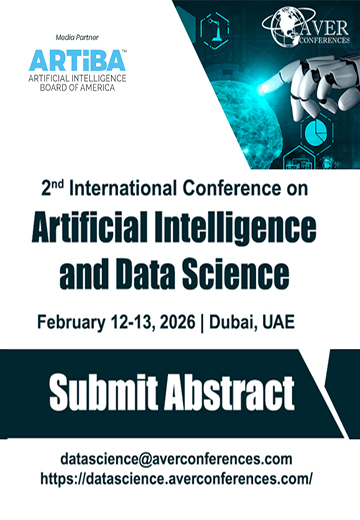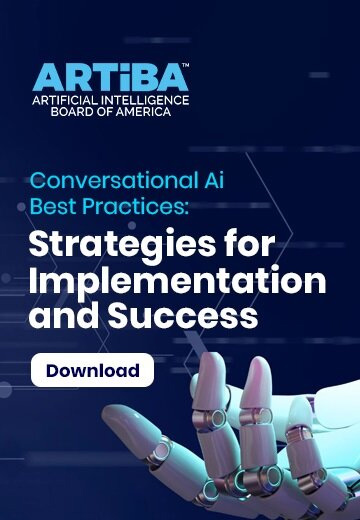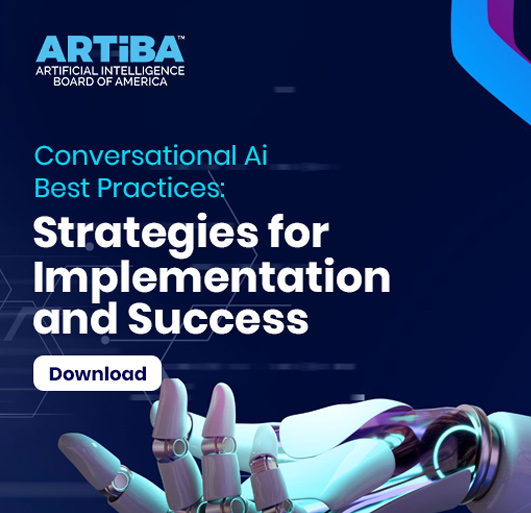The Breakthrough of Quantum Computing with Artificial Intelligence

Major milestones will be achieved through quantum computing that a normal classical computer cannot, claims Sundar Pichai, Alphabet CEO. Speaking at the World Economic Forum (WEF) 2020, Sundar said the world needs to assemble and work under a common regulatory framework for artificial intelligence (AI). As such, to extol the benefits of new technologies.
By 2024, the overall quantum computing will grow to USD 283 million at a CAGR of 24.9% from USD 93 million in 2019.
Today, we’re off limits of processing the power of data traditional computers produce, and the data produced daily is ginormous. According to Moore’s law, the numbers of transistors on integrated circuits predict to be doubled every two years resulting to be resilient ever since it was coined in 1965; those transistors, however, are much smaller even if we wish to make them with the existing technology.
The major reason why tech giants are battling toward becoming the first to launch quantum computers.
Quantum Computing Prowess is Spellbinding!
For instance, it can develop AI-based digital assistants armored with true contextual awareness as such where it also creates the ability to understand interactions amongst customers. In modern times, people are vexed, often when they receive such respond from digital assistants,
“Sorry, I am unable to help you with that or I’m Sorry, I don’t understand what you mean?”
It is annoying most of the time.
This is where quantum computing will “alleviate these problems.”
Five years down the line, quantum computing could turbocharge AI systems to solve some of the world’s biggest problems.
Quantum computing: What & Why it is different from classical computing?
With quantum computing, subatomic particles will continue to exists in more than one state always. Due to the way these particles behave, operations can be made in a significant manner where less energy is utilized as compared to classical computers.
Whereas in classical computers, a ‘bit’ is a single piece of information that has the probability of existing in two different states i.e. 1 or 0.
Now, quantum computing utilizes quantum ‘bits’ or you may say ‘qubits’. As such they’re defined as quantum systems having two states. However, unlike the usual ‘bit’ these systems can store more information and not just 1 or 0, most likely their existence is possible in any superposition values of 1 and 0.
Classical ‘bits’ and ‘qubits’ differ from each other in a manner where superposition of 1 and 0 in ‘qubits’ could create a nontrivial state of multiple of ‘qubits’ called ‘entangled states’.
Imagine a ‘qubit’ (quantum computing) can be placed at any point on the sphere. Whereas, a ‘bit’ (classical computer) can only be in two states i.e. on either two poles on the sphere.
As a result, a ‘qubit’ has the potential to store a large amount of information with minimal use of energy when compared with a classical computer.
Exploring quantum computing applications
Quantum computers use qubits and not traditional bits. Suffice it to say the qubits are completely different from traditional bits i.e. binary digits as such where they exist in an indeterminate state. A unique feature to distinguish whether they’ll be measured as a 0 or a 1.
Quantum computing is already making strides in multiple fields and is proven incredibly useful to solve problems.
Pharmaceutical industry -
Advancements in quantum theory have significantly improved the drug discovery process. Quantum computers are using powerful tools to analyze various compounds to discover a new drug. Quantum computing can emerge as a powerful tool that can change the very definition of molecular comparison.
Manufacturing industry -
The behavior of a matter can be simulated down to a molecular level with the help of quantum computing. Daimler and Volkswagen are the two great examples of such instances, where they’re already simulating the chemical composition of batteries used in the electrical-vehicle in an attempt to find different ways to increase and improve their performance.
Cryptography -
Quantum encryption methods can now be used to encrypt data, this in return are resistant to different forms of hacking and eavesdropping. One of the major approaches is called the Kak protocol, a protocol that has a quantum version known as the double-lock algorithm.
This protocol only allows two users to exchange data securely without even using any keys.
Google or IBM? Who’s going to be the big enchilada in quantum computing?
2019 indeed was a superb year for quantum computing and continues to make strides in 2020.
As it pans out, the race for quantum supremacy did not just happen between two nations (the U.S. and China) but even between industry leaders like Google and IBM. Interestingly, 2020 projects to be a year where the competition to become the leader in quantum computing will intensify.
In every way, it is a healthy approach when large organizations, governments, and companies look ahead in collaborating toward quantum computing. However, it is tough to tell regarding the time it would take, as new technology often gets replaced by newer competitive instincts.
Not long before the advent of 2020, Google already claimed to achieve quantum supremacy. The company devised a quantum computer in an attempt to provide results that normally would take 10,000 years for a conventional computer to replicate an event.
Despite the breakthrough, IBM is skeptical in supporting the fact about Google gaining quantum supremacy. Thus, claiming it can perform the same kind of calculation within two days.
All things considered; Google has a quantum CPU with 54 qubits whereas IBM has a 53-qubit processor. Not much of a difference, is it? IBM also mentions having large disk space on the Summit to store the complete calculation. But with Google, they have started incubating groundbreaking technologies to underpin and scale new business models. Well, this is one of Google’s biggest achievements.
However, the battle between who becomes the winner is still like two peas in a pod.






